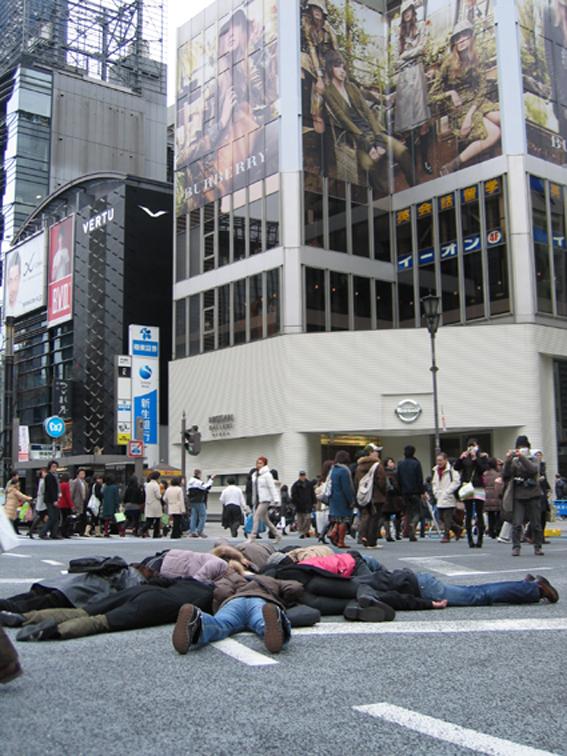Modern european cuisine
Sleep and Altered States of Consciousness
Fri, 18 Jun 2021 17:00-21:00
Sleep and Altered States of Consciousness
Participating artists are Elena Bajo, Katie Grinnan, Karen Lofgren, Tino Sehgal, Jeremy Shaw, Suzanne Treister, Rosemarie Trockel, Klaus Weber, and Sakiko Yamaoka.
Curated by Warren Neidich and Susanne Prinz
Sleep and Altered States of Consciousness is the second of three acts in an exhibition-play that unpacks and explores the effects that new technological transformations might have on human consciousness and its various social and cultural expressions and permutations. There is a thin veil that separates the experience of sleep from altered state of consciousness as both sleep and the ingestion of psychoactive substances induce temporary changes in one’s normal mental state. This adjacency is expressed in Andrei Tarkovsky’s film Solaris (1972) which explores the effects of mass insomnia caused by a 24/7 lit environment that leads to a breakdown of cognitive control characterized by hallucinations and the experience of ghosts. This exhibition also understands how sleep and alternative states of consciousness remain stubbornly aloof from processes of subjectification and commodification defining, as it does, the edge of the next neoliberal frontier. As Jonathan Crary has described in 24/7: Late Capitalism and the Ends of Sleep (2013), “sleep poses the idea of a human need and interval of time that cannot be colonized and harnessed to a massive engine of profitability.” Psychoactive drugs take this one step further by expanding experience and consciousness, and, as a result, produce new and sublime forms beyond capitalism’s grasp.
In cognitive capitalism, the brain and mind are the new factories of the 21st century and the neural commons is under assault. One of its key conditions is the amplification of already existing 24/7 markets and their global infrastructure for continuous work and consumption, especially its relation to data production and collection. Through new processes of reification, human beings become linked to these new technological processes of depersonalization and self-administration. For instance, billions of dollars are being spent to research various means to reduce decision-making time and to create virtual environments that engage attention more intensely, as well as to reduce the lost time of useless reflection, all in the name of increasing cognitive surplus labor. This externalization and commoditization, which is the essence of what Shoshana Zuboff calls the Big Other, needs to be understood as the next step on the horizon in a procession towards the commodification of sleep and other alternate states, as well as the coming advancement of a broad range of telepathic techniques of which brain-computer interface technology is just one example.
As we saw in the first part of this Activist Neuroaesthetics exhibition, the brain without organs is one apparatus at odds with this future conundrum, and the brain’s neural variation and it’s neural plasticity form its toolbox. Foundational for this exhibition is the role of psychedelic drugs, especially ayahuasca, in estranging and retro-engineering the organization of a sculpted and politicized semiotic brain. In cognitive capitalism, the attention economy is essential to the production of valorization and its neurobiological analogue salience. As such, ayahuasca’s newly found popularity might offer a reprieve from the subjugating effects of advanced data surveillance and normalization that depend upon coherent, consistent and patterned interactions with the world wide web and its machinic algorithmic intelligence. Might this system be put in jeopardy by the effects of drugs that alter perception, produce hallucinations and drive the mind back into self-reflective contemplation? Ayahuasca’s effect upon divergent thinking and enhanced mindfulness-related capacities are cases in point that affect our free choices and the production of a future full of chance encounters. Sleep and Altered States of Consciousness reopens the future that has been denigrated in cognitive capitalism.
HOURS: Tue-Sat 14-19h

